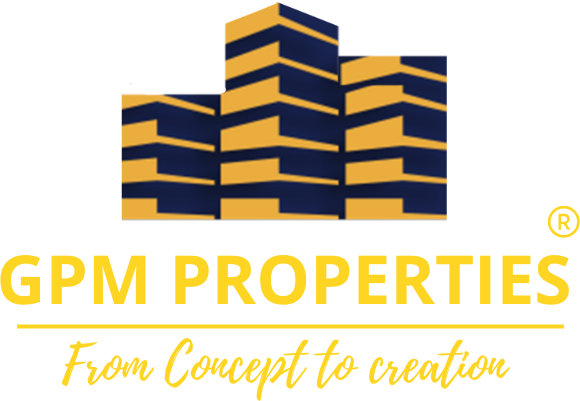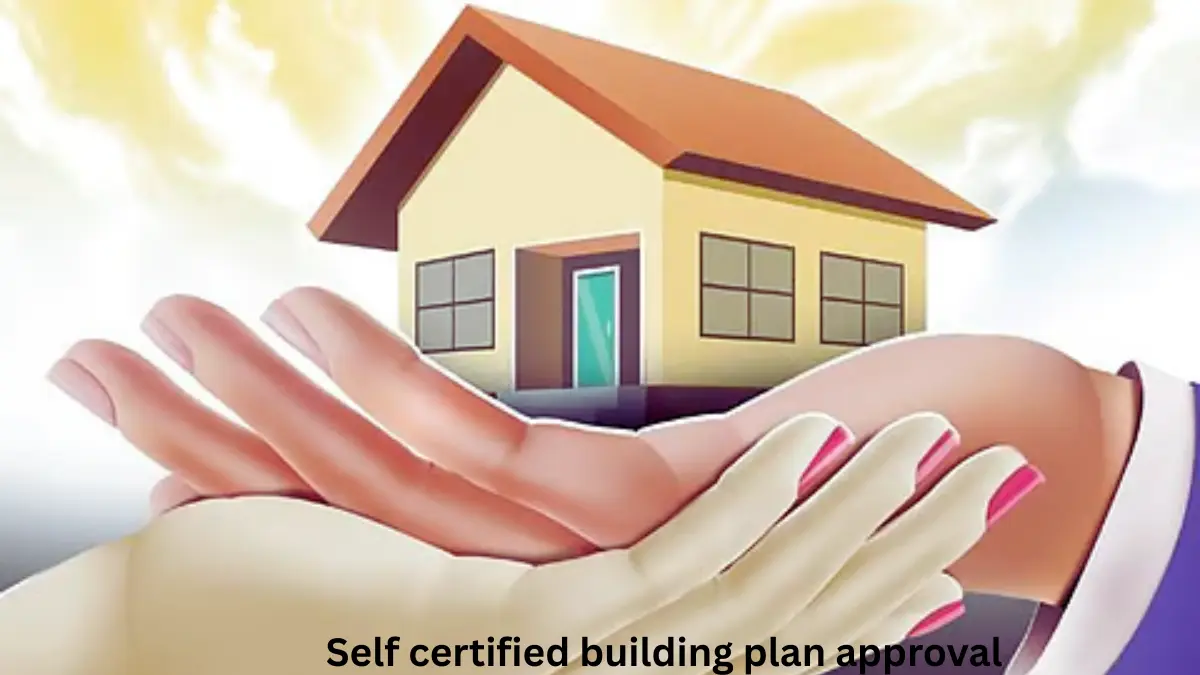If you’re planning to construct a new building or renovate an existing one, Self Certified Building Plan Approval can save you both time and effort. This streamlined process allows licensed professionals to approve building plans without the lengthy wait times associated with traditional municipal approvals. In this guide, we’ll explain what self-certification means, how it works, its benefits, eligibility, and step-by-step proceduresGO for Self-Certification – Information Table S.No Title Download PDF 1 G.O.No.94 Download 2 G.O.No.119 Download 3 G.O.No.133 Download 4 G.O.No.134 Download Contact Information Details Information Address Second, Third and Fourth floor, E & C Market Road, Koyambedu, Chennai – 600 107 Email ctcptn@tn.gov.in Department The Department of Housing and Urban Development, Tamil Nadu Last Update 24-07-2024 What is Self Certified Building Plan Approval? Self Certified Building Plan Approval is a fast-track system where qualified architects or engineers certify a building plan according to local building regulations. This eliminates the need for lengthy verification by government authorities before starting construction, provided all rules are followed. Many state urban development bodies, including CMDA (Chennai Metropolitan Development Authority) and DTCP (Directorate of Town and Country Planning), have implemented this system to speed up construction approvals. Why Choose Self-Certification for Building Plan Approval? Who is Eligible for Self Certified Building Plan Approval? Only certain professionals and property types are eligible: Documents Required for Self-Certification Before applying, ensure you have: Step-by-Step Process for Self Certified Building Plan Approval Step 1 – Hire a Licensed ProfessionalEngage an architect or structural engineer approved by the local authority. Step 2 – Prepare the Building PlanThe professional will create a plan that complies with CMDA/DTCP or municipal norms. Step 3 – Submit Online ApplicationMany states allow online submission via their development authority’s portal. Step 4 – Self-Certification by the ProfessionalThe architect/engineer certifies that the plan meets all rules and signs the application. Step 5 – Pay the Applicable FeesFees are usually based on plot size, type of construction, and FSI. Step 6 – Instant ApprovalOnce submitted, approval is granted immediately or within a few days. Step 7 – Start ConstructionConstruction can begin immediately after receiving the approval. Step-by-Step Guide: Applying for Self-Certified Building Plan Approval in Tamil Nadu If you are eligible under Tamil Nadu’s self-certification scheme, you can apply for building plan approval entirely online via the Single Window Portal. Here’s how to do it: 1. Login to the Portal 2. Start a Self-Certification Application 3. Fill in Applicant & Plot Details 4. GIS Mapping & NOC Check 5. Enter Building Details 6. Upload Required Documents 7. Self-Declaration & E-Sign 8. Payment 9. Download Approval Advantages Over Traditional Approval Feature Traditional Approval Self Certified Approval Approval Time 2–6 months Instant to a few days Site Visits Multiple Minimal Paperwork High Low Professional Accountability Shared with authority Fully on professional Transparency Medium High Common Mistakes to Avoid Role of CMDA and DTCP in Self-Certification Both agencies have self-certification schemes, but rules and eligibility vary. How to Find the Best Self-Certification Experts Near You Look for professionals who: Example:Mon–Sat: 09:00 AM – 11:00 PM9176522727 / 9176532727 / 9176552727Services Offered: Advantages of Choosing Top Apartment Builders in Chennai Disadvantages of Choosing Top Apartment Builders in Chennai FAQs Q1: What is self-certified building plan approval?A1: Self-certified building plan approval is a process where licensed architects or engineers can submit building plans directly to the local authority for approval without going through the standard lengthy verification process. This helps speed up project execution. Q2: Who is eligible for self-certified building plan approval?A2: Licensed architects, registered engineers, or empanelled professionals approved by the local municipal body are eligible to submit plans under the self-certification scheme. Q3: What are the benefits of self-certified building plan approval?A3: Benefits include faster approval timelines, reduced administrative delays, simplified documentation, and quicker project commencement. Q4: Is self-certified approval applicable for all types of buildings?A4: No, it typically applies to residential and certain commercial projects within a specific size and height limit as defined by local building regulations. Q5: What documents are required for self-certified building plan approval?A5: Common documents include the completed application form, ownership proof, building plan drawings, structural stability certificate, soil test report (if applicable), and architect/engineer license details. Q6: How long does the self-certified building plan approval take?A6: In most cases, approvals can be granted within 7–15 working days, depending on the municipal authority and project type. Q7: Can self-certified approvals be rejected?A7: Yes, if the submitted plans do not meet the building codes, zoning laws, or required safety standards, the authority can reject or request modifications. Q8: Is the self-certified process available online?A8: Many municipalities have moved to online portals where professionals can submit building plans, upload documents, and track approval status digitally. Q9: Does self-certification guarantee hassle-free construction?A9: While it speeds up approvals, construction still needs to comply with all building regulations. Any violations during construction may lead to penalties or cancellation of the approval. Q10: How can I find a professional for self-certified building plan approval?A10: You can contact licensed architects or building planners in your city, check the empanelled professionals list on your local municipal website, or consult reputed building contractors. Conclusion The Self Certified Building Plan Approval process is a game-changer for homeowners, builders, and architects who want to save time and avoid bureaucratic delays. By working with a licensed professional and ensuring compliance with all regulations, you can get your project off the ground quickly and efficiently.
- Mankandan nagar


